As housing costs rise and travel habits shift, more Californians are sleeping in their vehicles—either out of necessity or convenience. But is it legal to sleep in your car in California? The answer is complex, hinging on a patchwork of state laws, local ordinances, and property rules.
Statewide Laws: No Blanket Ban, But Restrictions Apply
California does not have a statewide law that outright prohibits sleeping in your car. In general, you may sleep in your vehicle on public streets for up to 24 hours in most municipalities, provided you are legally parked and not violating other regulations.
However, the distinction between temporarily sleeping and living in your car is crucial. While a quick nap or overnight rest is often tolerated, using your vehicle as a long-term residence can run afoul of local codes prohibiting vehicle habitation.
Local Ordinances: City-by-City Differences
Many California cities have enacted their own rules, often stricter than state guidelines. Here’s how some major cities approach car sleeping:
| City | Key Rules & Restrictions | Penalties |
|---|---|---|
| Los Angeles | Sleeping in vehicles is banned in residential areas from 9 p.m. to 6 a.m.; always banned near schools, parks, and daycare centers. Designated non-residential areas may allow overnight stays. | Fines start at $25 and increase with repeat offenses. |
| San Francisco | Illegal to sleep in your car overnight (10 p.m. – 6 a.m.) in most areas; violators face fines up to $1,000 or six months in jail. | Up to $1,000 fine or jail. |
| San Diego | Sleeping in cars is prohibited between 9 p.m. and 6 a.m. on public streets and at all times near schools or residences. Some designated lots available. | Fines, possible towing. |
| Carmel-by-the-Sea | Sleeping in vehicles is illegal on public streets and most private parking lots from 6 p.m. to 6 a.m.. | Local fines. |
Other cities—including Modesto, Mountain View, and Sacramento—have similar restrictions, often enforced through local ordinances.
Where Is It Legal to Sleep in Your Car?
- Rest Stops: California law allows you to sleep in your car at rest stops for up to eight hours.
- Private Property: You may sleep in your car on private property with the owner’s permission.
- Designated Safe Parking Lots: Many cities offer “Safe Parking” programs—secure lots where people living in vehicles can park overnight legally and access support services.
Safe Parking Programs: A Growing Solution
With the rise in vehicular homelessness, cities and nonprofits have established Safe Parking programs. These lots offer a legal, safe place to park overnight and often provide restrooms, security, and connections to housing or social services. However, demand for these spaces far exceeds supply, especially in large urban centers like Los Angeles and San Diego.
Consequences of Illegal Car Sleeping
Violating local ordinances can result in:
- Fines (ranging from $25 to $1,000, depending on the city and number of offenses)
- Towing and impoundment of your vehicle
- Possible misdemeanor charges, especially if trespassing or other infractions are involved
Tips for Staying Legal and Safe
- Check Local Laws: Always verify city ordinances before sleeping in your car—rules can change block by block.
- Use Safe Parking Lots: Whenever possible, use designated Safe Parking sites for overnight stays.
- Avoid Restricted Areas: Do not sleep near schools, parks, or residential zones where bans are strictly enforced.
- Stay Inconspicuous: Keep belongings tidy and avoid drawing attention to your vehicle.
- Get Permission: If on private property, always get explicit permission from the owner.
Sleeping in your car is not universally illegal in California, but it is heavily regulated at the local level. Temporary rest is generally tolerated in legal parking spots, but long-term vehicle habitation or parking in restricted areas can lead to fines or more serious consequences.
Safe Parking programs offer a legal alternative in some communities, but spaces are limited. Always check local laws and use designated resources to avoid legal trouble and ensure your safety.
Sources:
- https://reolink.com/blog/is-it-illegal-to-sleep-in-your-car/
- https://statelawfirm.com/post/is-it-illegal-to-sleep-in-your-car-california-laws/
- https://laist.com/news/los-angeles-homeless-sleeping-car-rv
- https://www.kqed.org/news/11761759/s-f-proposes-first-safe-parking-lot-for-homeless-living-in-vehicles
- https://www.modestogov.com/2875/Safe-Parking-Program

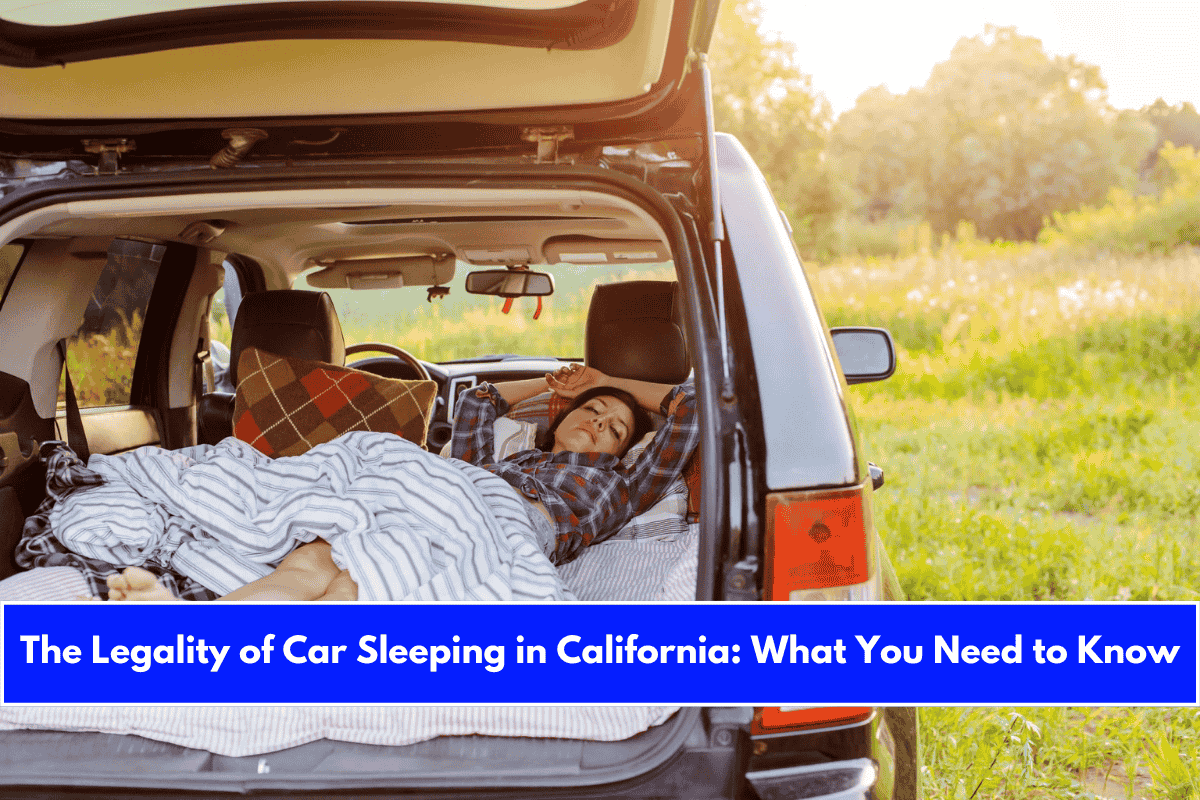
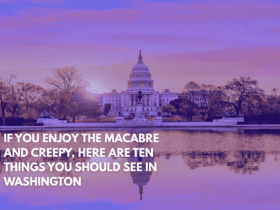
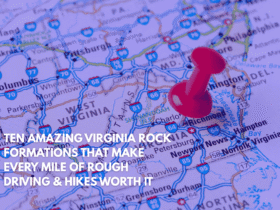

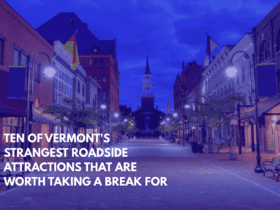

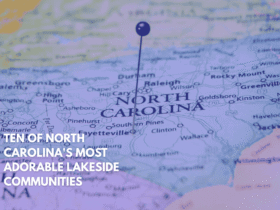
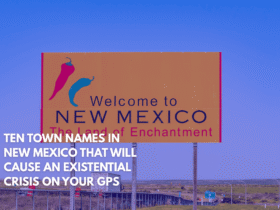
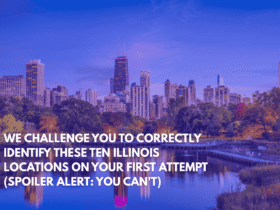

Leave a Reply